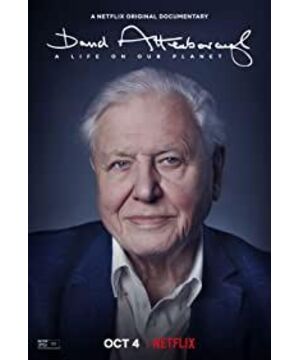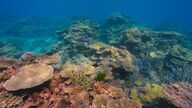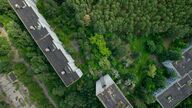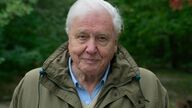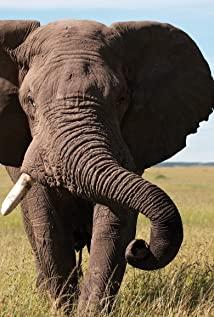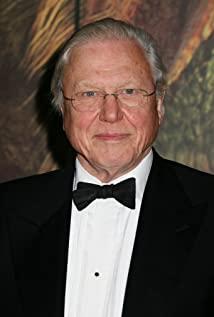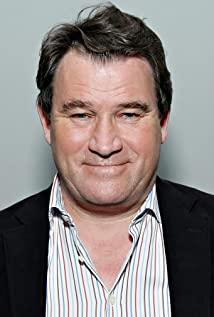For self-marking, too many words, not enough short comments, don't mind?
(I really hope that when I get old, I can be as passionate as Attenborough and love the world) I like the content of the first 20 minutes and the last 30 minutes, especially the last 30 minutes. Different from the past, it is the first time that the system gives The solution measures and examples of solutions are no longer just to bring people pressure, helplessness and confusion, but also actively explore the possibility of change, bring hope to people, and are full of humanistic care. This is a huge positive change from previous nature documentaries. It also further acknowledged that this is not simply a moral issue, and no longer makes the narrative itself a powerful pressure and accusation, but more as a comprehensive issue of economic and political policy and technology, more than ever before. The documentary is more acceptable and convincing. In the final solution, four main aspects are listed for reference. 1. Improve people's living standards, improve the medical system, popularize education, and control the population (Japan) 2. Improve the energy structure, use less traditional fossil energy, and encourage the use of new sustainable energy (Morocco) 3. Improve the marine environment and coordinate fishery resources, Restricted fishing to achieve sustainable development (Palau) 4. Change the diet, eat more vegetarian and less meat (this is debatable), increase the degree of agricultural modernization (I like the Dutch agricultural model too much), change the traditional Planting practices, returning farmland to forests, restoring forest species diversity (Netherlands, Costa Rica) Finally, it is about living in harmony with nature, not against it, not about how to save the planet, but about saving ourselves.
I hope future nature documentaries will do the same, and pay more attention to the positive possibility of saving.
View more about David Attenborough: A Life on Our Planet reviews


